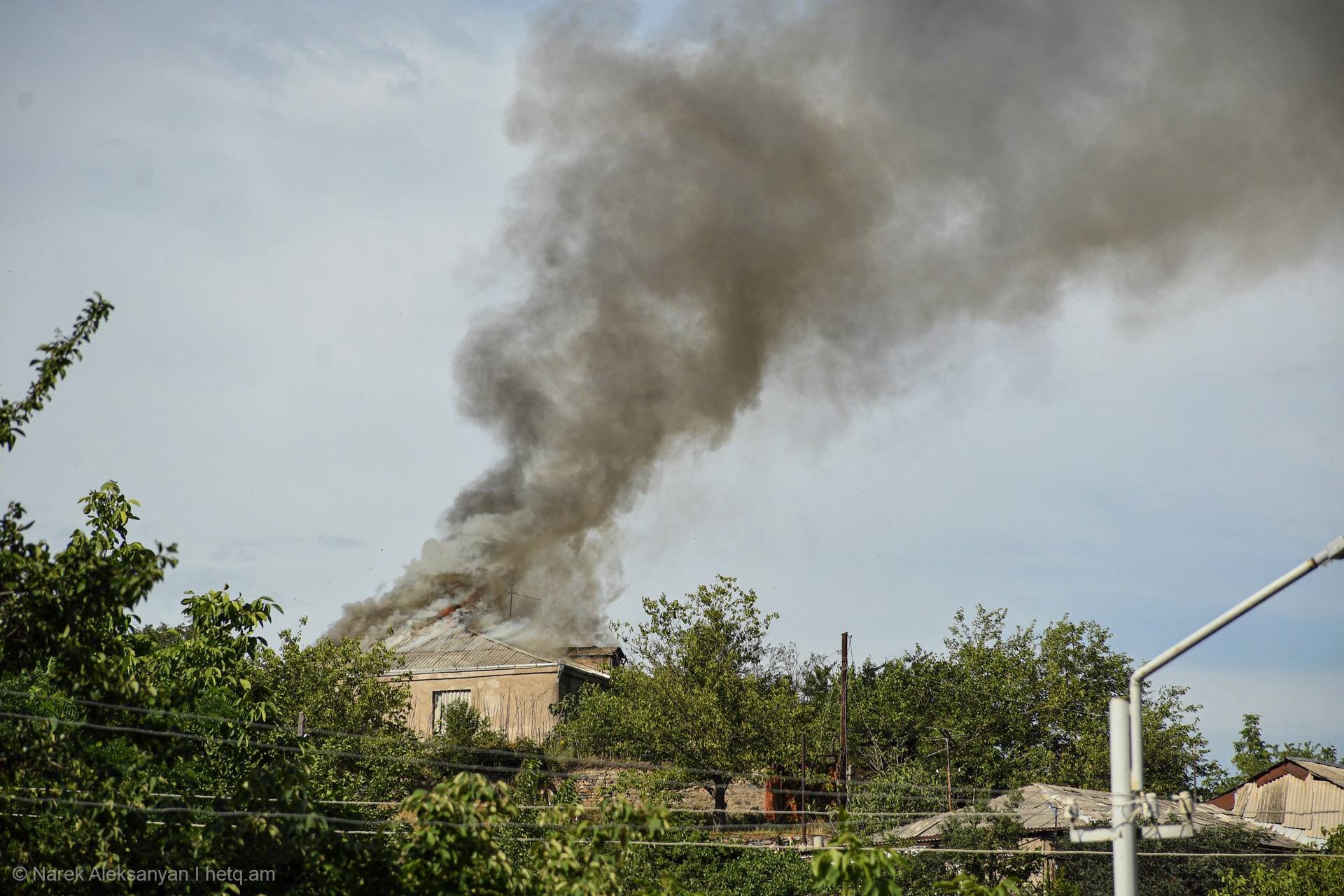The Tavush military operations showed very clearly that Armenia could be in the focus of a real hybrid war in a matter of a few hours.
An incredible number of measures were taken against many targets, one of the most important of which was the media. Almost before the military operations began, hacker attacks against the Armenian media began.
Even a strange coincidence was noticed: when the Azeri special forces attempted to infiltrate at night, at the same time a wave of strong DDoS attacks started on several Armenian websites.
Since the situation on the border has more or less calmed down, the main offensive methods do not work, let’s try to understand what lessons the editorial offices and individual journalists can learn from this hybrid war.
It was during the conflict that we talked about the defense mechanisms that allowed us to protect the website, social networks, accounts.
Let’s repeat two key points: To enable DDoS attack protection systems on websites, users, in turn, must have two-factor authentication enabled on all accounts.
And now let’s continue to draw conclusions:
a. It is becoming more and more important that there is at least one person in the editorial office who is used to checking the facts. During such hybrid operations, a huge amount of misinformation is circulated.
Some misinformation is created by professionals, and carrying out inspections has already become a professional job. Especially since the information flows are growing very fast at some points, efficiency is becoming a dominant demand.
In such a situation, fact-checking should not only be a job executed with quality but also fast. Which means that there should be journalists who are accustomed to such actions, and who are not trying to learn it at the moment, in parallel to check the facts.
b․ For journalists working in the field of hostilities, the solution of issues related to military journalism is becoming more and more important. It is clear that journalists must be specially trained. Starting with the knowledge of how not to endanger their lives while being close to the battlefield.
It is necessary to clarify media-army relations.
The army must mark the specific red lines, so that the journalists do not turn to their own intelligence and life experience, having to decide each time what can be published and what cannot.
There should not be a situation when a journalist goes live on the social network during the hostilities, no matter what appears in the background from the border village. And then the Ministry of Defense should not urge not to broadcast live.
The journalist should know this, because the dangers of live broadcasting in such a place, at such a moment must be clearly explained to them.
And the army must publish a document on the clear rules during such hostilities and provide it to all journalists who are covering the hostilities on the spot or online at that moment.
c․ In terms of disseminating information, it is possible to have backup platforms. Even if the site is protected from DDoS attacks, malfunctions are still possible.
After all, the site can be hacked if they find vulnerabilities. And the events in Tavush suggest that, for example, hacking government websites was a pre-planned operation.
That is, the website can be hacked and not touched until the right moment arrives.
Also, the dissemination of information can be stopped if a social network account is blocked. It is no secret that these days the Azerbaijani side has organized mass protests against Armenian organizations on social networks in order to block them.
Experience shows that in the case of a large number of complaints, the account can really be frozen. Or, for example, the views will decrease sharply. In other words, the social network will just start showing their posts to only a few people.
Given this fact, the media should have the widest possible toolkit to disseminate information. Not just accounts on Facebook, Twitter or YouTube. Another channel in Telegram, alternative video channel, for example, on Vimeo, the ability to distribute texts on platforms such as Medium, Zen Yandex, etc.
After such cases, one thing becomes clear: the journalist is already a very multifaceted, complex profession, which presupposes the joint application of humanitarian and technical knowledge.
Samvel Martirosyan







